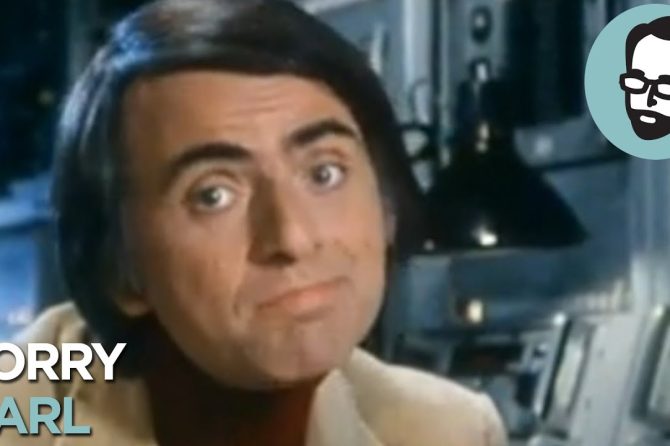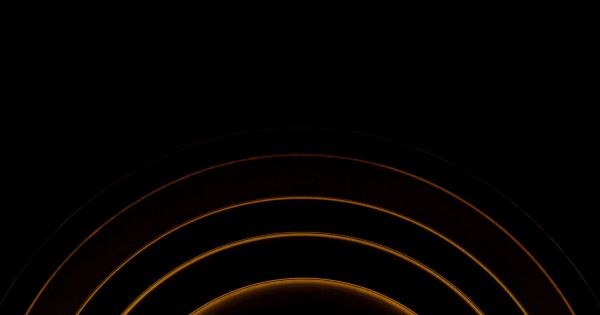
The European Medicines Agency granted special approval for an Ebola vaccine called Ervebo.
- Ervebo has proven remarkably effective in clinical trials conducted in Africa.
- An Ebola outbreak has killed more than 2,000 people in the Democratic Republic of Congo since August 2018.
Health regulators in Europe have issued the world’s first approval for a vaccine against Ebola, and it’s estimated to become widely available in 2020.
The European Medicines Agency granted a conditional marketing authorization this week that allows the U.S. pharmaceutical company Merck to market the vaccine, called Ervebo. Conditional marketing authorizations help to fast-track the approval process for drugs and therapies that treat “unmet medical needs.” That’s important when fighting often-deadly viral diseases like Ebola.
Since August 2018, Ebola has killed more than 2,000 people in the Democratic Republic of Congo (DRC). Besides the 2014 West African outbreak that killed more than 11,000 people, the 2018 DRC outbreak is so far the deadliest on record. And the number of cases continues to rise. But experimental vaccination programs have helped curb infection rates. In these programs, Ervebo was strikingly effective, showing an estimated protective efficacy of 97.5 percent, as the World Health Organization reported in April.

“Finding a vaccine as soon as possible against this terrible virus has been a priority for the international community ever since Ebola hit West Africa five years ago,” Vytenis Andriukaitis, commissioner in charge of Health and Food Safety at the EU’s European Commission, said in a statement. “Today’s decision is therefore a major step forward in saving lives in Africa and beyond.”
Ervebo protects against a particularly infectious ebolavirus species called Zaire, one of four species known to infect humans. Zaire can also infect animals, like macaques. In 2005, researchers at the Public Health Agency of Canada’s National Microbiology Laboratory developed an Ebola vaccine that protected macaques 100 percent of the time. But lack of funding and regulatory hurdles meant it’d take years, maybe decades, to prove the vaccine was safe and effective in humans.
Then the 2014 West African outbreak struck. With the need for an effective vaccine made clear, Merck obtained the license to Ervebo, known as rVSV-ZEBOV-GP, and soon the vaccine was being administered to people in Guinea as part of a clinical trial. The vaccination strategy there was to inoculate people who’d been in contact with others who’d been infected with Ebola. This is called ring vaccination.
But while ring vaccination was effective in preventing the spread of Zaire, it remains unclear just how long the protective effects last. That’s a critical question for, say, health workers who get vaccinated to protect themselves against infection that might occur months later. There are also other ebolavirus species that other vaccines would need to address, such as the deadly Sudan species.
In addition to the conditional marketing authorization issued by the European Medicines Agency, the World Health Organization has “prequalified” the Ervebo, meaning it meets standards for safety and efficacy.
“[Prequalification] is a historic step towards ensuring the people who most need it are able to access this life-saving vaccine,” WHO Director-General Dr. Tedros Adhanom Ghebreyesus said in the announcement. “Five years ago, we had no vaccine and no therapeutics for Ebola. With a prequalified vaccine and experimental therapeutics, Ebola is now preventable and treatable.”
In the U.S., the Food and Drug Administration is expected to decide on approval in March 2020.
This article was originally posted on Big Think











Recent Comments